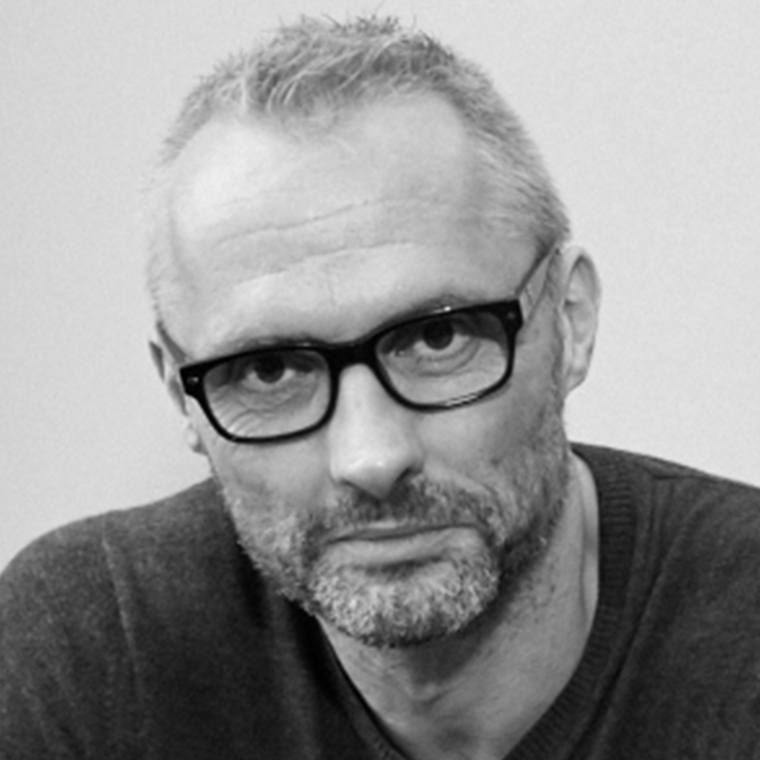The climate crisis is the fellow traveller on most modern protests. Most recently the Palestinian solidarity campaign jumped on Fossil Free Books complaints about Baillie Gifford’s literary festival sponsorship.
In Dark Laboratory, Tao Leigh Goffe picks 1492, the year Columbus arrived in the Caribbean, as the start of the crisis as she ties together climate and colonisation. There is validity and poetry to her points.
She weaves her personal story around meetings with indigenous communities. But the science is poor.
The brutal genocide in the Americas was arguably a boost for the climate.
Colonisation killed 54 million, forests regrew, CO2 levels fell, and a little Ice Age ensued, ending with industrialisation. Goffe’s account of colonial subjugation and resistance is a noble exercise.
But her unanswered questions provoke far less effectively when her research is cursory.
Of course, she rails against the dominance of scientific rationalism as the language best suited to solving the crisis, so this critique just proves her point.











